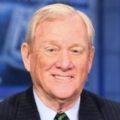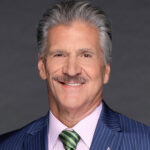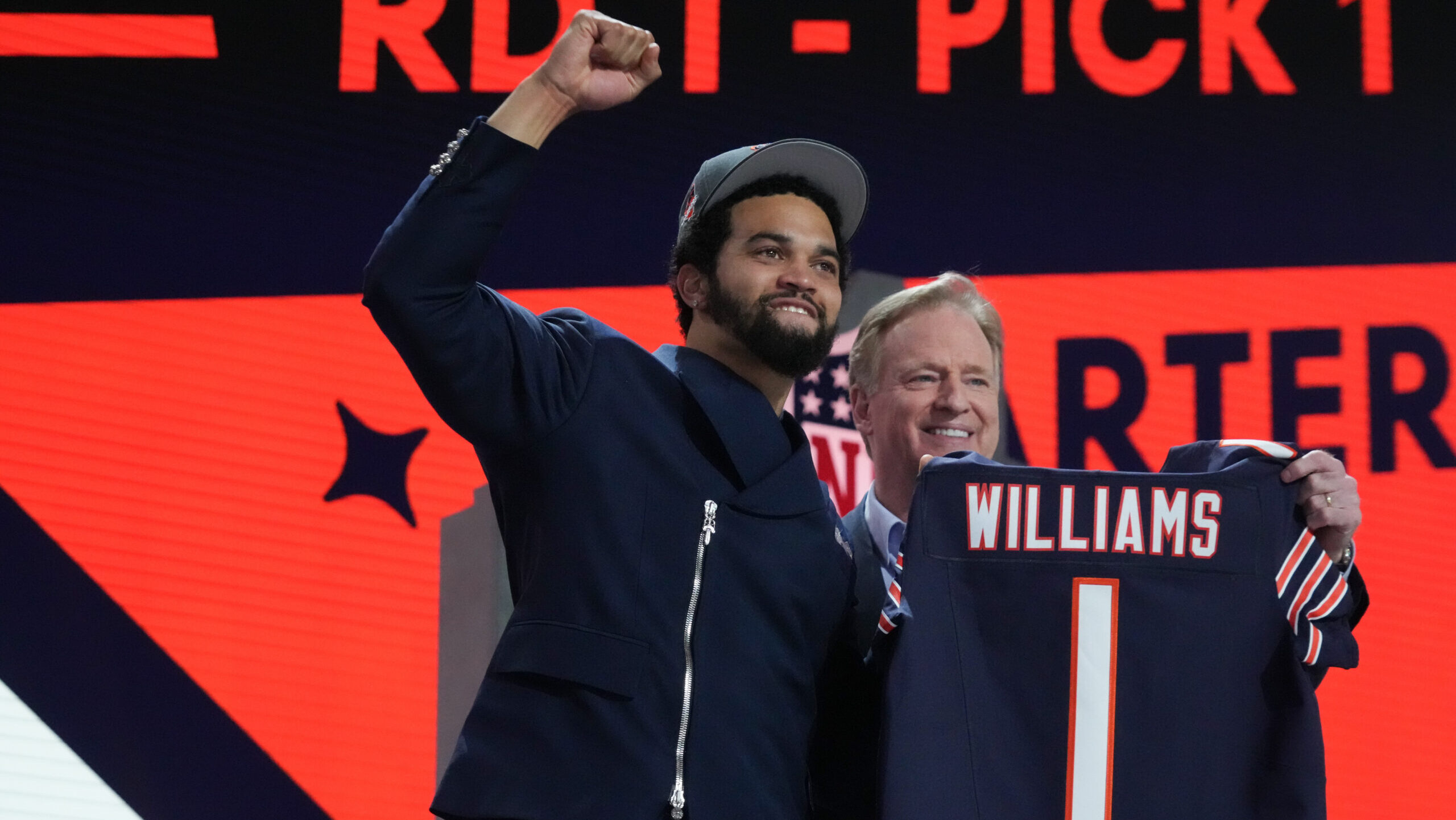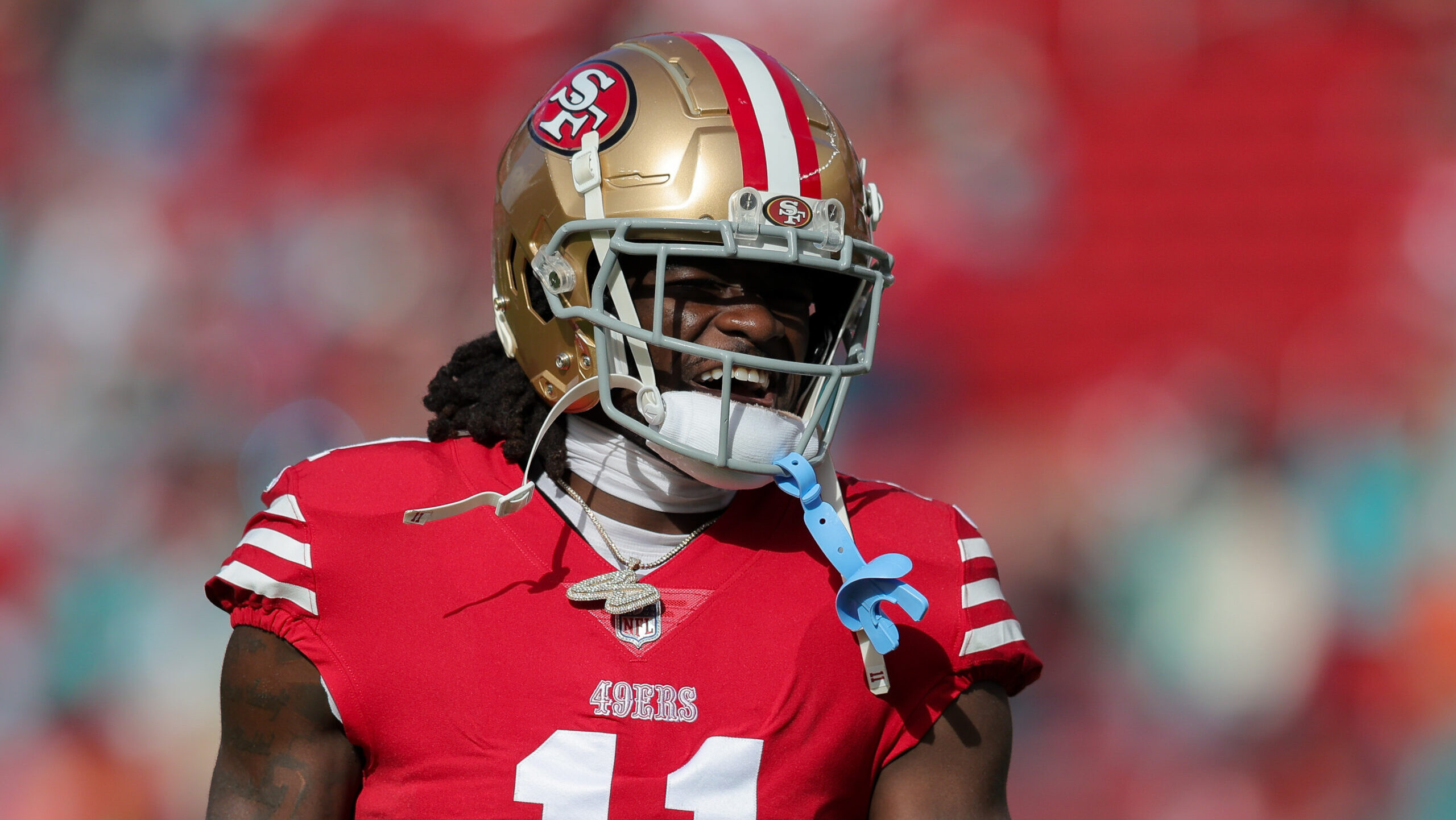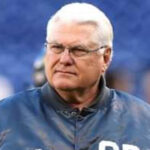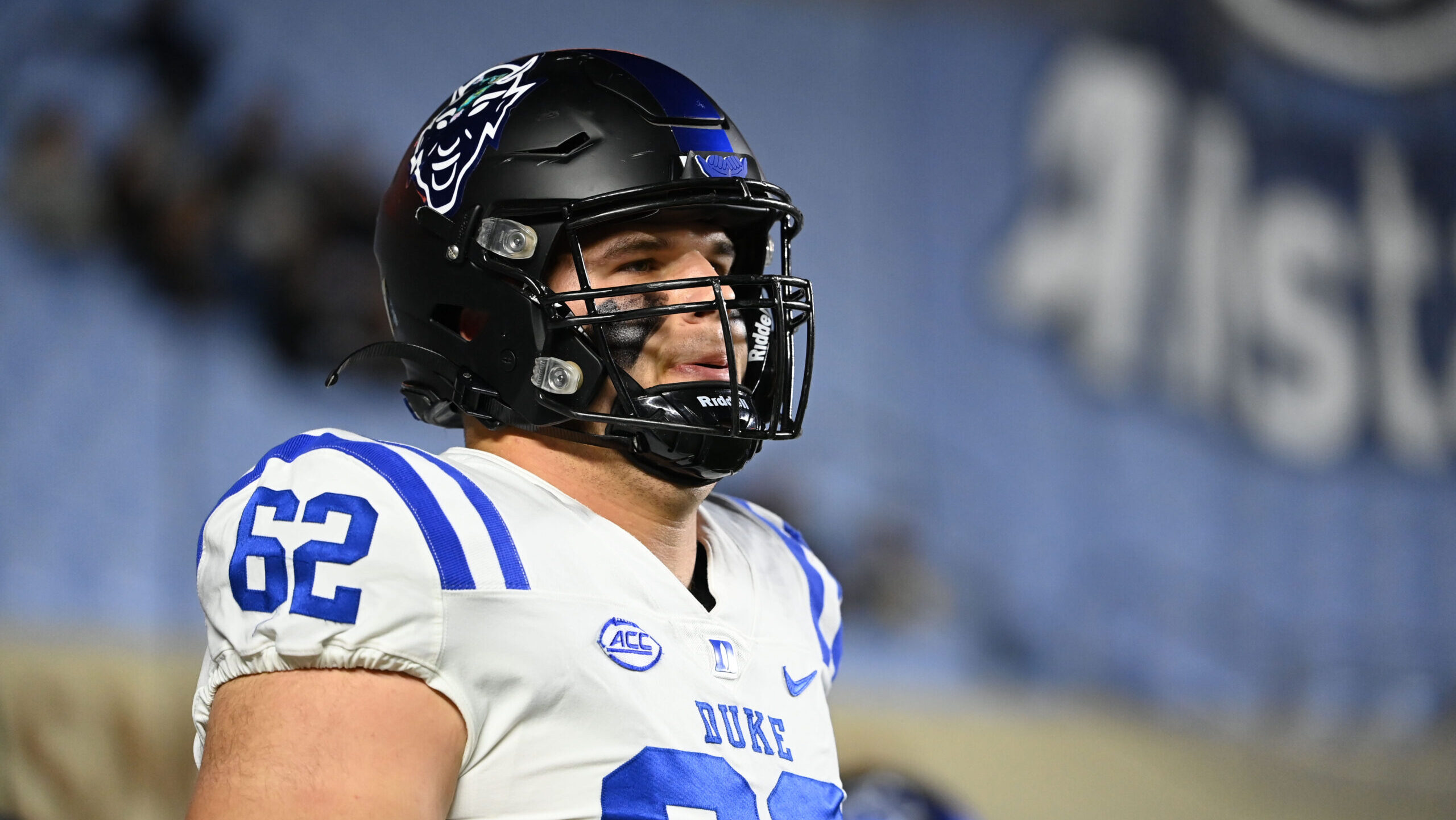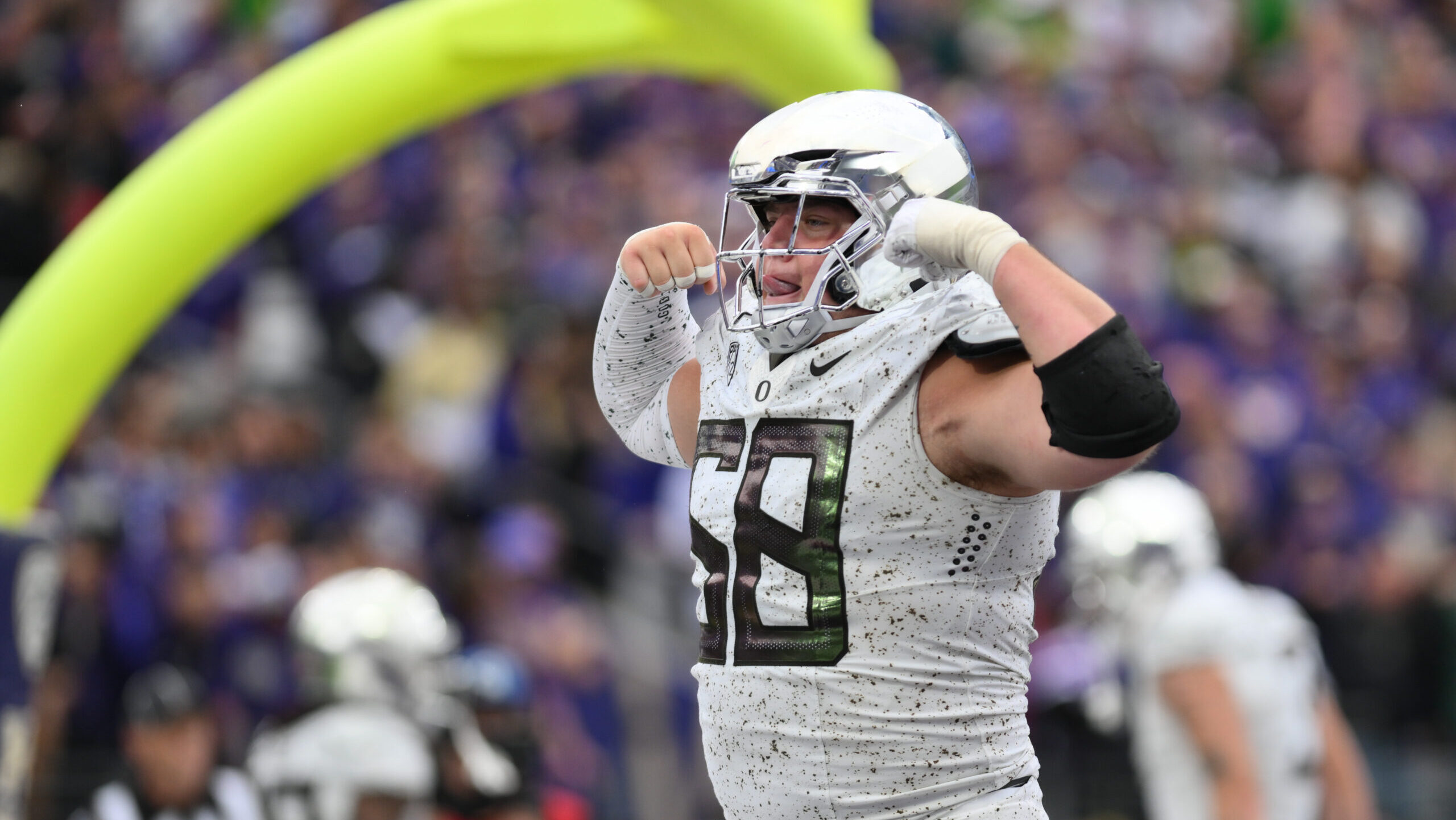Analysis
3/26/23
10 min read
NFL Competition Committee: Inside Look at League's Rules-Making Process
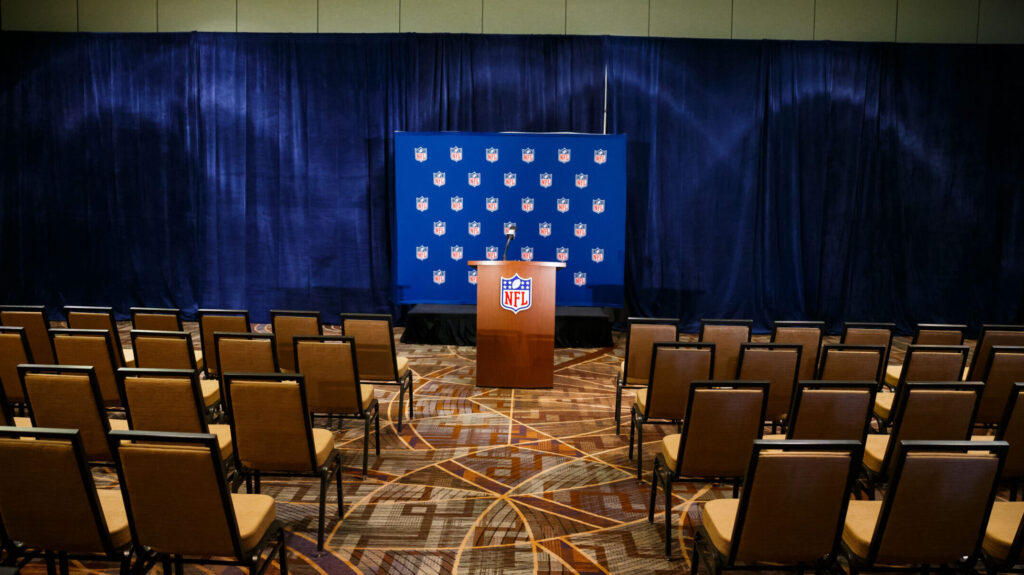
With the NFL's Annual League Meeting being held this week, I'm reminded of the first one I attended in 1985 in Phoenix, which also happens to be the site of this year's gathering. I was the pro personnel director for the Buffalo Bills sitting in for the general manager —who was seriously ill — and I was, without question, the most junior football employee in the room.
I was sitting in there, awestruck, listening to debates on the significant issues affecting the game voiced by the likes of Don Shula, Al Davis, Paul Brown, Wellington Mara, Lamar Hunt and Tex Schramm, with Pete Rozelle presiding. It was surreal. I took copious notes and spoke only when Bills owner Ralph Wilson asked me a question.
The meeting is usually held at a high-end resort in a warm-weather destination. For team employees and media who would typically not frequent such places, it's a treat. The personnel director and scouts are not there. They are either on the road, at college pro days, or back in the office preparing for the draft. In many cases, assistant coaches are given this week off. Traditionally, clubs allow spouses or significant others to attend at the clubs' expense.
2023 Annual League Meeting
- Dates: March 26-29
- City: Phoenix
- Site: The Biltmore Hotel
The meetings themselves are held in a huge ballroom. Club delegations are seated at long tables placed at a right angle to the dais on which the commissioner, his staff and various league officials sit. Attendance is limited to two or three per club for most sessions except for the "executive session," when only the owner or his designee may attend. Maybe it's the location and time of year, but it always felt as if the annual meeting was far more collegial and lower-key than the Super Bowl or NFL Scouting Combine, no matter how serious the issues.
The business of the NFL is conducted much like the U.S. Congress. Robert's Rules of Order applies, and committees do the majority of spade work with jurisdiction over specific areas of the league and game. The most consequential committees are Finance, Broadcast, Management Council and Competition. The subject matter of finance and broadcast are self-evident, and the members are all club owners, as is the chairman.
The Management Council is the league's lead negotiating arm. It is made up mainly of owners, but occasionally senior executives will also serve. For example, in the mid-90s, former New York Giants General Manager George Young, former New York Jets president Steve Guttman and I served on the council. In addition, Atlanta Falcons president Rich McKay and Green Bay Packers president Mark Murphy have served in recent years. Giants owner John Mara is the chairman of the Management Council.
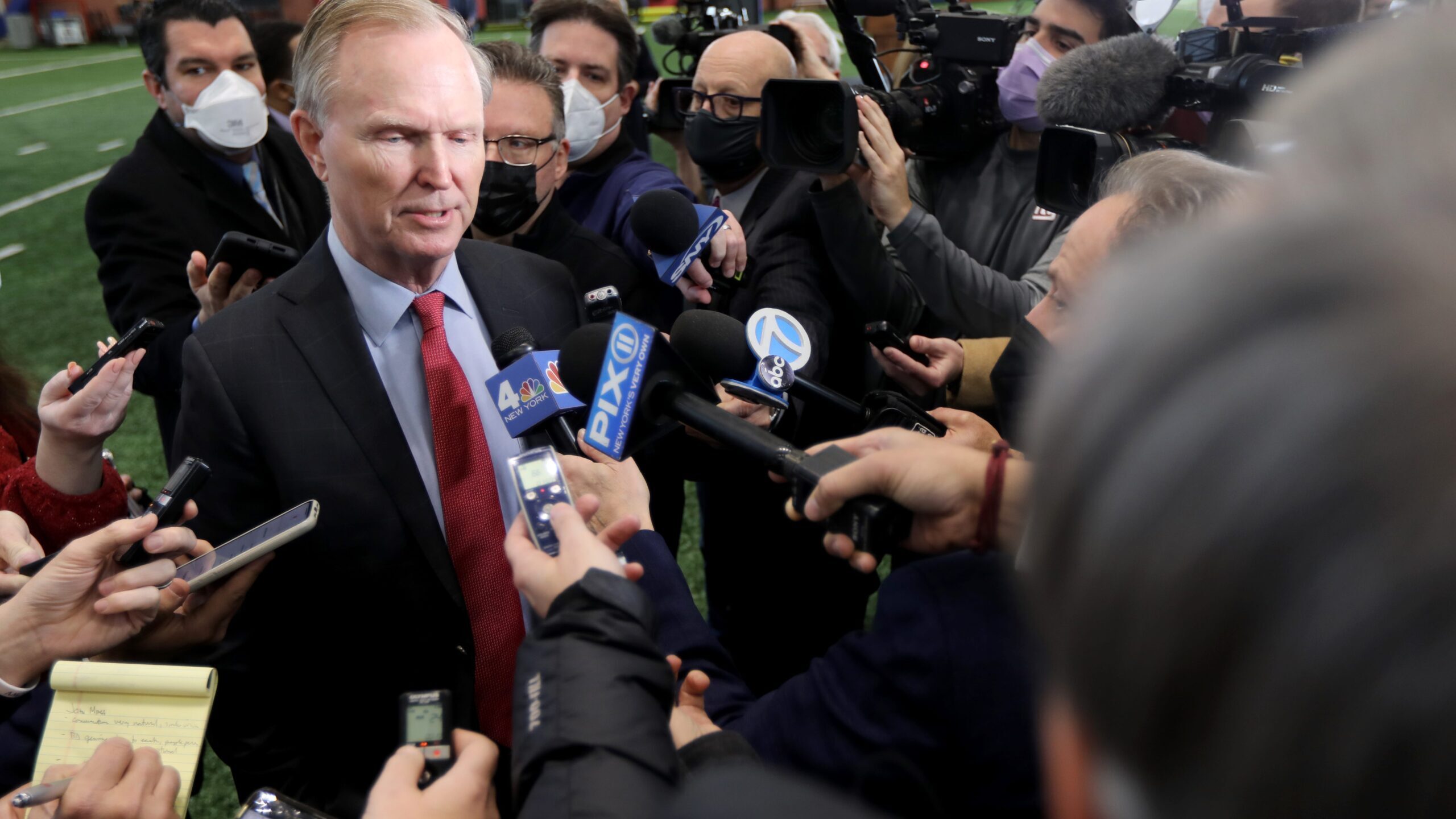
The Competition Committee deals with all competitive issues, ranging from playing rules to bylaws that govern roster size, college draft operations, college-relations issues, equipment and game operations and officiating, to name just a few. Today, it consists of nine members. They range from owners, like John Mara; to executives like Stephen Jones; to coaches, like Frank Reich, Ron Rivera and Mike Tomlin; and general managers like Chris Grier of the Miami Dolphins. McKay is the long-time chairman, succeeding Young more than a decade ago. Other past chairmen have been Hall of Famers Jim Finks and Schramm.
The Competition Committee was formed in 1968. Its original membership consisted of Al Davis, Lamar Hunt and Vince Lombardi. When I was appointed in 1990, the committee consisted of seven members: Finks, Young, Paul Brown, Tom Flores, Don Shula, Marty Schottenheimer and the rookie, yours truly. All but Marty of that group is in the Hall of Fame, and he should be. Flores said that other than enshrinement in the Hall, the greatest honor a coach or executive can receive in the game is to serve on the Competition Committee.
He was absolutely right.
You must be a working head coach or executive in the league to be eligible to serve. Like all NFL standing committees, the commissioner appoints the members, and they serve at his pleasure. I was privileged to serve for 19 years, and it's still hard to believe that I had the honor of working with so many NFL icons, much less making lifelong friends in the process. Today, Troy Vincent, the league's vice president of football operations, supervises the support staff who deal with the committee's duties and issues on a daily basis. Troy is an ex-officio member, as is the director of officiating.
2023 Competition Committee Members
- Rich McKay (chairman), Atlanta Falcons president
- Katie Blackburn, Cincinnati Bengals EVP
- Chris Grier, Miami Dolphins GM
- Stephen Jones, Dallas Cowboys EVP of player personnel
- John Mara, New York Giants co-owner
- Ozzie Newsome, Baltimore Ravens EVP of player personnel
- Frank Reich, Carolina Panthers head coach
- Ron Rivera, Washington Commanders head coach
- Mike Tomlin, Pittsburgh Steelers head coach
- Mike Vrabel, Tennessee Titans head coach
The senior most league office football operations people also act as liaisons to the committee. Hall of Famer Art McNally and well-known TV analysts Mike Pereira and Dean Blandino were key contributors while heading the officiating department. Among the senior league office liaisons, Don Weiss and Joel Bussert — while not household names to many fans — were revered by many committee members and immensely respected by everyone in the NFL football community.
Vincent and Rich McKay work together consistently on a year-round basis. The committee meets regularly throughout the year, both electronically and in person, and will submit a report this week to be delivered to and acted upon by the owners at the annual meeting. This report runs well over 100 pages and is distributed to every meeting attendee.
Anyone – fan, media member, coach or club executive – can submit proposals for rules or bylaw changes. The committee reviews and discusses any such proposals. Typically, a head coach or GM will submit a proposal on behalf of a club. If sufficiently submitted on time, all club proposals must be given a hearing, followed by debate and a vote at the annual meeting. A two-thirds majority (24 votes) is required to pass a rules change or bylaw proposal.
The Eagles, Lions, Bills, Chargers, Texans, Rams and Jets have submitted proposals this year. The committee also submits proposals of its own, and, in general, these proposals fall into three buckets.
The first bucket is called "housekeeping issues." These items would update or clarify language in a particular rule or bring specific rules in line, visa vi enforcement (i.e., make the start of the play clock consistent in all circumstances).
The second is bylaw proposals that affect things like roster size, eligibility for play or eligibility for certain reserve lists. An example would be a mandate to dress a third quarterback on game day.
The third bucket is for significant rule changes, which, if passed, affect how the game is played, coached and viewed. Two examples on the agenda this year would be a major expansion of replay and a change in how the use of the helmet in blocking or tackling is both written in the rule book and officiated.
It is this third bucket upon which the media and fans will focus.
2023 Rules Change Proposals
- By Eagles; to permit the use of zero as a jersey number; to allow kickers and punters to use any jersey numeral between 0-49 and 90-99.
- By Eagles; to permit a team to maintain possession of the ball after a score by substituting one offensive play (4th-and-20 from the kicking team's 20-yard line) for an onside kickoff attempt.
- By Chargers; to make the adjustment of the play clock following an instant replay reversal consistent with other timing rules.
- By Lions; to expand the coaches' challenge system to include personal fouls called on the field.
- By Lions; to provide clubs with more opportunities for a third challenge.
- By Lions; to expand the replay official's jurisdiction to allow for consultation regarding penalty assessment.
- By Texans; to expand the replay official's jurisdiction to allow for review on failed fourth-down attempts.
- By Rams; to make fouls for roughing the passer called on the field subject to replay assist and/or review by a coach's challenge.
- By Jets; to expand the crackback prohibition to players who go in motion and go beyond the center to block ("split-flow block") a defender below the waist.
- By Competition Committee; to change the definition of a launch to leaving one or both feet.
- By Competition Committee; to make the penalty for tripping a personal foul.
- By Competition Committee; to make the penalty for illegally handing the ball forward consistent with other illegal acts, such as illegal forward passes.
- By Competition Committee; to make the penalty for illegal punts, drop kicks, or placekicks consistent with other illegal acts, such as illegal forward passes.
- By Competition Committee; to put the ball in play at the receiving team’s 25-yard line when a touchback occurs from a punt.
- By Competition Committee; to prevent the offense from benefitting by an extension of the half as a result of their foul.
- By Competition Committee; to put the ball in play at the receiving team’s 25-yard line if there is a fair catch on a free kick (kickoff and safety kick) behind the receiving team’s 25-yard line.
- By Competition Committee; to clarify use of the helmet against an opponent by removing the “butt, ram, spear” language from Article 8 and incorporating those actions into Impermissible Use of the Helmet.
When I served, the committee spent upwards of 12 hours a day meeting, viewing videos, hearing from experts and debating the efficacy of proposals. The exchange of ideas between these football savants is stimulating, educational, enlightening and fun. Often you would go into a discussion with one point of view, only to listen to your colleagues and end up on another side of an issue. At the end of each discussion, a vote is taken, and the majority rules. Only voting members from clubs, not league office staff or executives, have a vote.
In my day, it was rare to have significant splits in final votes. The vast majority of the time, we were unanimous. While discussion can sometimes be intense, because of the respect the members have for one another, they are always collegial, cordial and often humorous. For example, Paul Brown would begin every meeting with "the joke of the day."
Frequently the committee will reach out to clubs that have submitted proposals and share its thoughts on a revised version, and a club will withdraw its proposal in favor of the committee's. All members lobby with their friends around the league, discussing and getting viewpoints on various proposals. McKay instituted a survey that goes to every head coach and GM, asking for detailed opinions and suggestions on various competitive issues. These processes give every senior football person in the NFL a voice in shaping the rules.
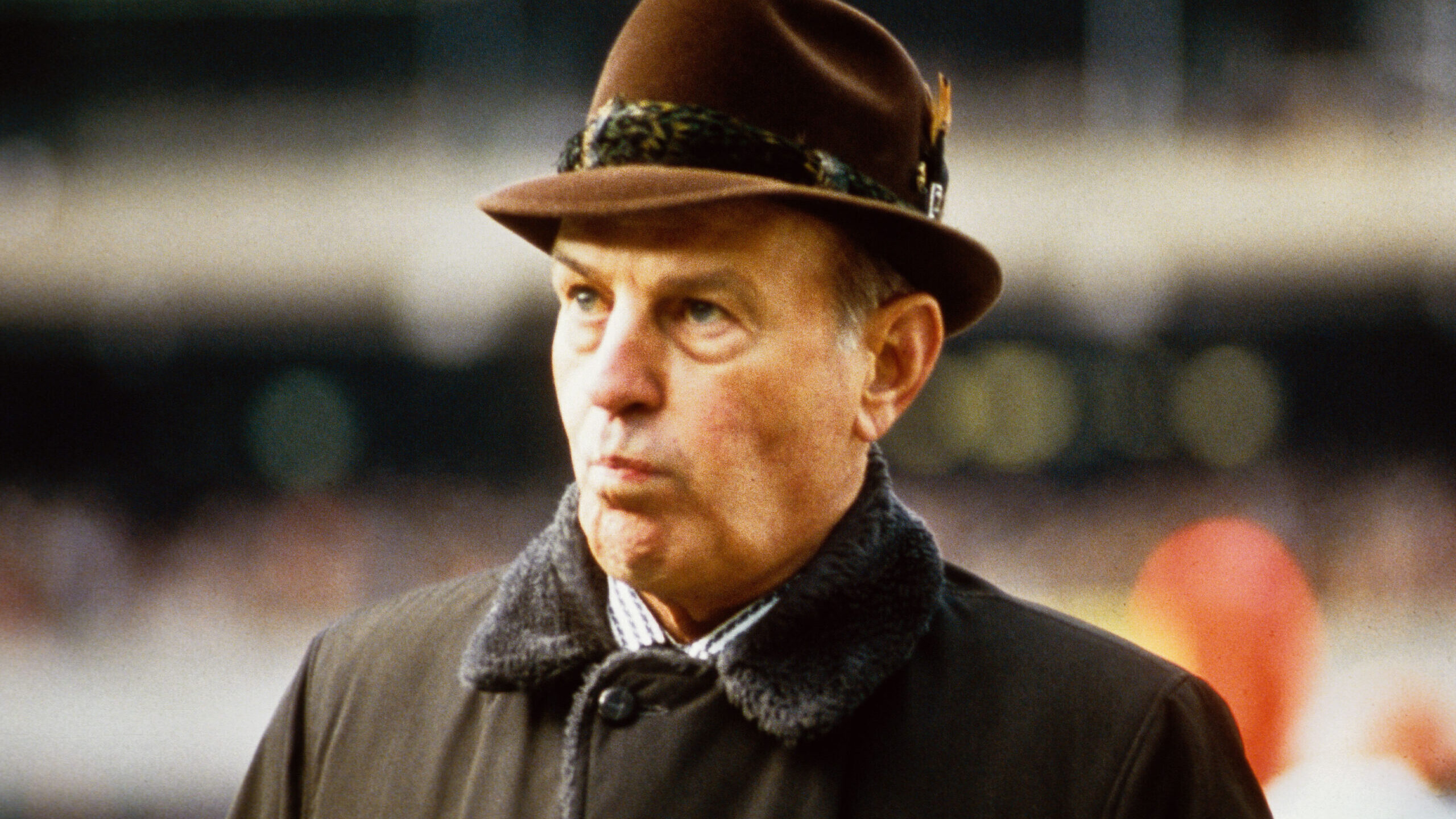
When I was appointed to the committee, I found the job and the opportunity to work closely with so many giants of the NFL astounding. Paul Brown and Don Weiss led my orientation. They emphasized that when you enter the meeting, you remove your competitive club hat and replace it with the obligation to do what's best for the game and the league.
After that discussion, Brown asked me, "Bill, do you know why you're here?"
I responded, "Coach, please tell me."
"To be a guardian of the game. Don't ever forget that."
I haven't, and I treasure the honor of serving with all my fellow guardians through the years.
As told to Vic Carucci.
Bill Polian is a former front office executive and a six-time Executive of the Year award winner who won Super Bowl XLI with the Indianapolis Colts. Polian’s career as an executive earned him an induction into the Pro Football Hall of Fame in 2015.
